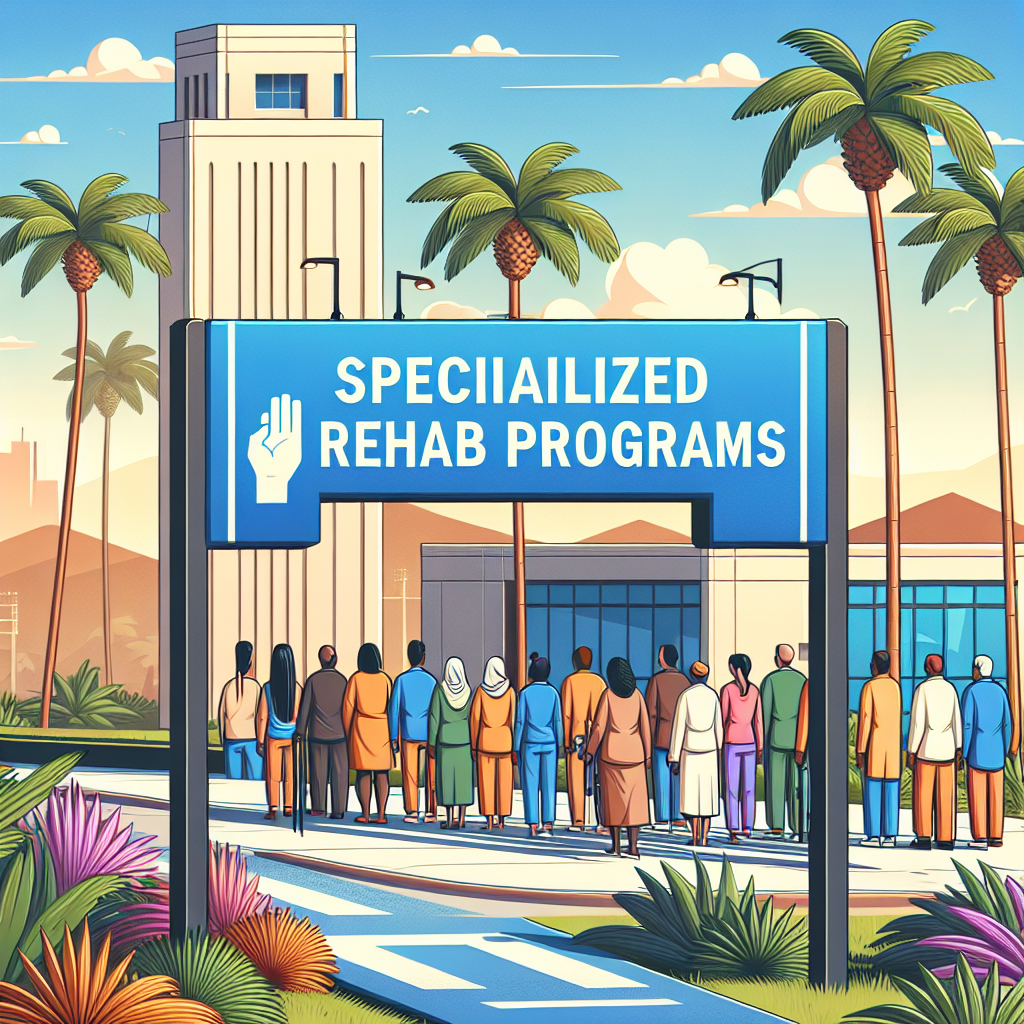-
Table of Contents

“Be their anchor in the storm; your support can light the path to recovery.”
Introduction
Supporting a loved one during their recovery from alcoholism involves understanding the complexities of addiction, offering emotional and practical support, and encouraging healthy lifestyle changes. It’s crucial to educate yourself about alcoholism, maintain open and non-judgmental communication, and set boundaries to protect your own well-being. Encouraging participation in support groups, celebrating milestones, and being patient with setbacks can also play a significant role in their recovery journey. By fostering a supportive and empathetic environment, you can help your loved one navigate the challenges of recovery and work towards a healthier, sober life.
Practical Ways to Support Your Loved One’s Alcoholism Recovery Journey
Supporting a loved one during their recovery from alcoholism can be a challenging yet profoundly rewarding experience. It requires patience, understanding, and a commitment to being a steady source of encouragement. One of the most practical ways to support your loved one is by educating yourself about alcoholism and the recovery process. Understanding the complexities of addiction can help you empathize with their struggles and recognize the signs of relapse, which is crucial for providing timely support.
Creating a supportive environment is another essential step. This involves removing any alcohol from the home and avoiding social situations where drinking is prevalent. By doing so, you help minimize temptations and create a safe space for your loved one to focus on their recovery. Additionally, encouraging healthy habits such as regular exercise, balanced nutrition, and sufficient sleep can significantly contribute to their overall well-being and resilience.
Communication plays a pivotal role in supporting someone through recovery. Open, honest, and non-judgmental conversations can help your loved one feel understood and valued. It’s important to listen actively and express your concerns without being confrontational. Using “I” statements, such as “I feel worried when you miss meetings,” can help convey your feelings without sounding accusatory. This approach fosters a sense of trust and openness, which is vital for their emotional healing.
Encouraging your loved one to attend support groups, such as Alcoholics Anonymous (AA), can also be beneficial. These groups provide a sense of community and shared experience, which can be incredibly comforting. Offering to accompany them to meetings or helping them find local resources demonstrates your commitment to their recovery journey. Moreover, participating in family therapy sessions can help address any underlying issues and improve the overall family dynamic.
Setting boundaries is equally important in this process. While it’s natural to want to help, it’s crucial to avoid enabling behaviors that could hinder their recovery. This means not covering up for their mistakes or taking on responsibilities that they should handle themselves. Establishing clear boundaries helps your loved one take accountability for their actions and fosters a sense of independence.
Celebrating milestones, no matter how small, can provide much-needed motivation. Acknowledging their progress, whether it’s a week of sobriety or a year, reinforces their efforts and boosts their confidence. Simple gestures like a congratulatory note or a small gift can make a significant difference in their morale.
It’s also essential to take care of yourself during this journey. Supporting someone through recovery can be emotionally draining, and maintaining your well-being ensures that you can be there for them in the long run. Engaging in activities that you enjoy, seeking support from friends or a therapist, and practicing self-care are all vital components of sustaining your own mental health.
Lastly, maintaining hope and a positive outlook can be incredibly inspiring for your loved one. Recovery is often a long and winding road, filled with ups and downs. Your unwavering belief in their ability to overcome addiction can provide the strength they need to persevere. By embodying hope and resilience, you become a beacon of light in their darkest moments, guiding them towards a healthier, alcohol-free life.
In conclusion, supporting a loved one through their recovery from alcoholism involves a multifaceted approach that includes education, creating a supportive environment, effective communication, encouraging participation in support groups, setting boundaries, celebrating milestones, taking care of yourself, and maintaining hope. Each of these elements plays a crucial role in helping your loved one navigate their recovery journey successfully.
Emotional Support Strategies for Helping a Loved One Recover from Alcoholism
Supporting a loved one during their recovery from alcoholism can be a challenging yet profoundly rewarding journey. It requires patience, understanding, and a commitment to providing emotional support. One of the most crucial aspects of this support is fostering an environment of empathy and non-judgment. When your loved one feels understood and accepted, they are more likely to open up about their struggles and progress. This openness is essential for their recovery, as it allows them to confront their issues without fear of criticism or rejection.
To begin with, active listening is a powerful tool. When your loved one talks about their experiences, listen attentively without interrupting or offering unsolicited advice. This shows that you respect their feelings and are genuinely interested in their well-being. Additionally, validating their emotions can make a significant difference. Acknowledge their feelings by saying things like, “I can see how that would be really tough for you,” or “It’s okay to feel this way.” Such affirmations can help them feel less isolated and more understood.
Moreover, it’s important to educate yourself about alcoholism and the recovery process. Understanding the nature of addiction and the challenges involved in overcoming it can help you provide more informed and compassionate support. This knowledge can also dispel any misconceptions you might have, allowing you to approach the situation with a more open mind. Attending support groups for families of alcoholics, such as Al-Anon, can also be beneficial. These groups offer a space to share experiences and gain insights from others who are in similar situations.
Encouraging your loved one to seek professional help is another critical step. While your support is invaluable, professional guidance from therapists, counselors, or support groups like Alcoholics Anonymous can provide the specialized care they need. Offer to help them find resources or accompany them to appointments if they feel comfortable with that. Your involvement can make the daunting task of seeking help feel more manageable.
Setting healthy boundaries is also essential for both your well-being and theirs. While it’s natural to want to do everything you can to help, it’s important to recognize your limits. Overextending yourself can lead to burnout and resentment, which can negatively impact your relationship. Communicate your boundaries clearly and stick to them. This not only protects your mental health but also encourages your loved one to take responsibility for their recovery.
In addition to these strategies, celebrating small victories can boost your loved one’s morale. Recovery is a long and often arduous process, and acknowledging their progress, no matter how small, can provide much-needed encouragement. Whether it’s a week of sobriety or a successful therapy session, celebrating these milestones can reinforce their commitment to recovery.
Lastly, practicing self-care is vital. Supporting someone through recovery can be emotionally draining, and it’s important to take time for yourself. Engage in activities that rejuvenate you, whether it’s reading, exercising, or spending time with friends. Taking care of your own emotional health ensures that you can continue to be a source of strength and support for your loved one.
In conclusion, supporting a loved one during their recovery from alcoholism involves a delicate balance of empathy, education, and self-care. By actively listening, validating their feelings, encouraging professional help, setting boundaries, celebrating progress, and taking care of yourself, you can provide the emotional support they need to navigate their journey to sobriety. Your unwavering support can make a significant difference in their recovery, offering them hope and strength when they need it most.
Q&A
1. **Question:** What are some practical ways to support a loved one during their recovery from alcoholism?
**Answer:** Encourage them to attend support group meetings, help them avoid triggers, and offer to participate in healthy activities together.
2. **Question:** How can I communicate effectively with my loved one who is recovering from alcoholism?
**Answer:** Use non-judgmental language, listen actively, and express your support and understanding without enabling their addiction.
Conclusion
Supporting a loved one during their recovery from alcoholism involves offering emotional support, encouraging professional treatment, setting healthy boundaries, educating yourself about addiction, and practicing patience and empathy. It’s crucial to create a non-judgmental environment, celebrate their progress, and take care of your own well-being to effectively support their journey towards sobriety.



